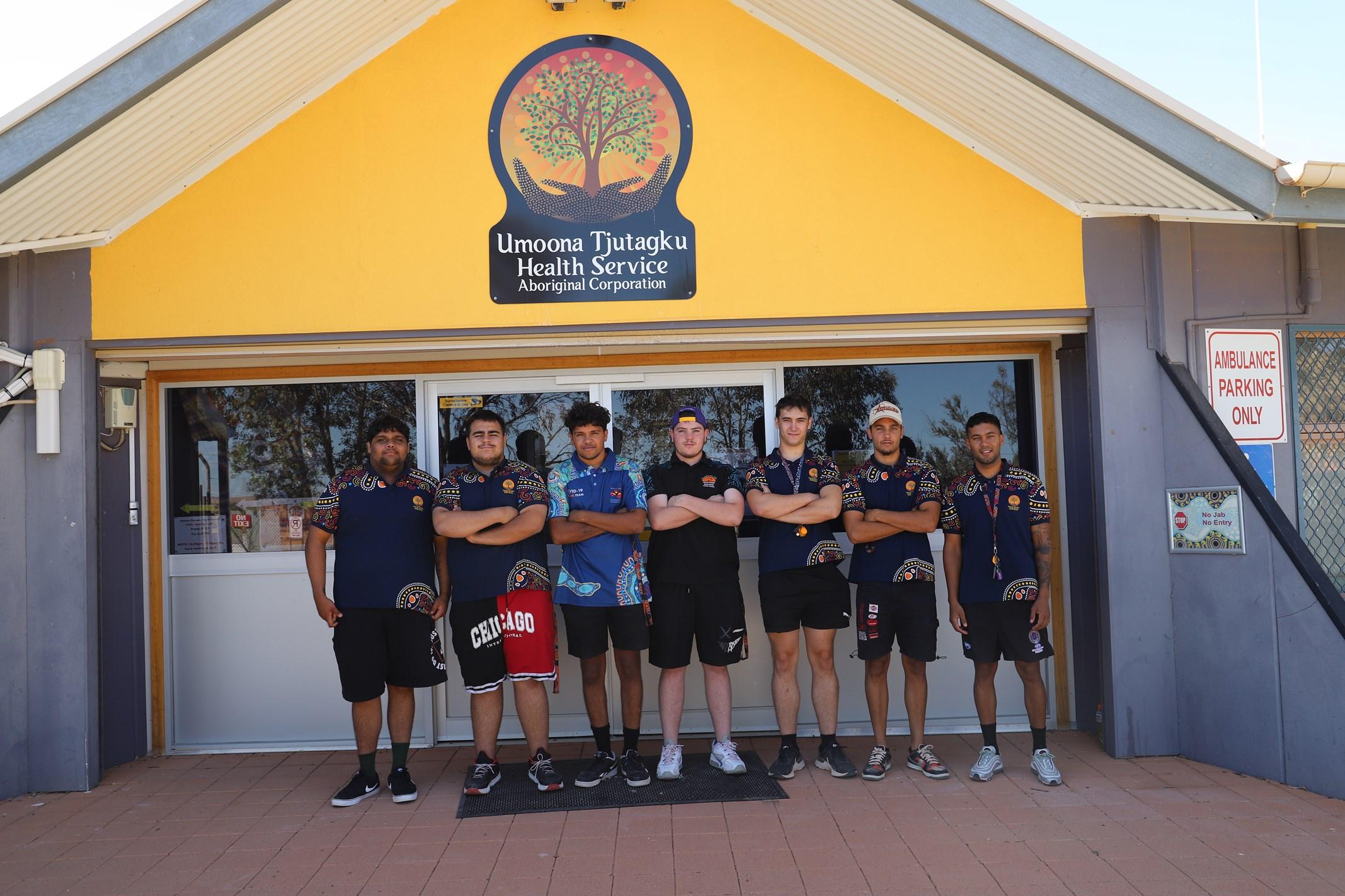
3 minute read
Alcohol and Other Drugs Programs
from Newsletter - December 2022
by UTHSAC
Alcohol and Other Drug Social Workers conduct outreach programs evidence-based harm reduction approach that aims to provide care and support to Aboriginal Peoples in the community. This program focuses on ongoing support and treatment services based on their concerns in regard to Alcohol and Other Drugs, homelessness, housing support, emotional support, and other support services.
Ice Workshops
Advertisement
During our ICE workshops, all the social workers get a chance to build up a rapport with clients to find out the symptoms of ICE. It is difficult to find out whether clients are using Meth or not so the ICE workshop assists social workers to know more about clients. This program conducts educational sessions by conducting education activities to provide knowledge regarding side effects, symptoms, long-term impacts, and short-term impacts of ICE and other drugs. In this workshop school children from Adelaide participated and learn about history and culture of Aboriginal Peoples. They learn the way social workers engaged with the community in rural areas by Yarning.




Residential rehabilitation centres (‘rehabs’) provide a supportive treatment environment where people can live for a while to work on their issues with alcohol and other drugs. These rehabs provide a different range of services in an environment where alcohol and other drugs are restricted and they support clients to skill development or to excel in their existing skills such as (parenting skills, sewing, living skills, or managing finances).
Access to Rehabs
Accessing Rehabilitation services is one of the biggest challenges for Aboriginal Peoples in the community due to stigma and shame. Stigma and shame come such as identifying Aboriginal and Torres Strait Islander Peoples is a source of pride but being addicted to drugs or alcohol or other challenges in life such as unemployment or homelessness. However, the AOD team follows motivational interviewing steps such as precontemplation, contemplation, preparation, action, and maintenance to change the mind of the clients by maintaining their confidentiality and privacy.
Aboriginal-Specific Rehab Centres
The AOD team puts the interest of our clients first. These rehabs provide similar services to other, however, also focus on providing a culturally safe and appropriate environment for clients. When a client makes up their mind to go for rehab then AOD social workers work collaboratively with the client and assist the client to find out the best rehab according to their needs. For example, we ask a few questions such as what are your goals. What do you want to achieve in rehabilitation? If there is a cost can you afford it? And many more questions.
Footsteps rehabilitation in Port Augusta supports our client through interventions which include:
• screening and brief interventions in primary health care, sobering up services, after health care community and workplace settings
• acute, intensive interventions such as withdrawal management in medical inpatient settings
• short to long-term counselling and case management in community settings
• relapse prevention such as peer support groups and mentoring provided in a community setting
• medium to long-term, intensive residential rehabilitation services
• medication-assisted treatment for opioid and alcohol dependence.

UTHSAC Support
Umoona Tjutagku supports compliant clients to complete their rehabilitation journey who attends AOD counseling sessions, and programs, and are engaged with the AOD team regularly. AOD teamwork on the ground to change the mind of their clients by standing with clients and for the clients. UTHSAC is a motivation to support clients with various daily living necessities such as food, medication, hygiene products, etc.









